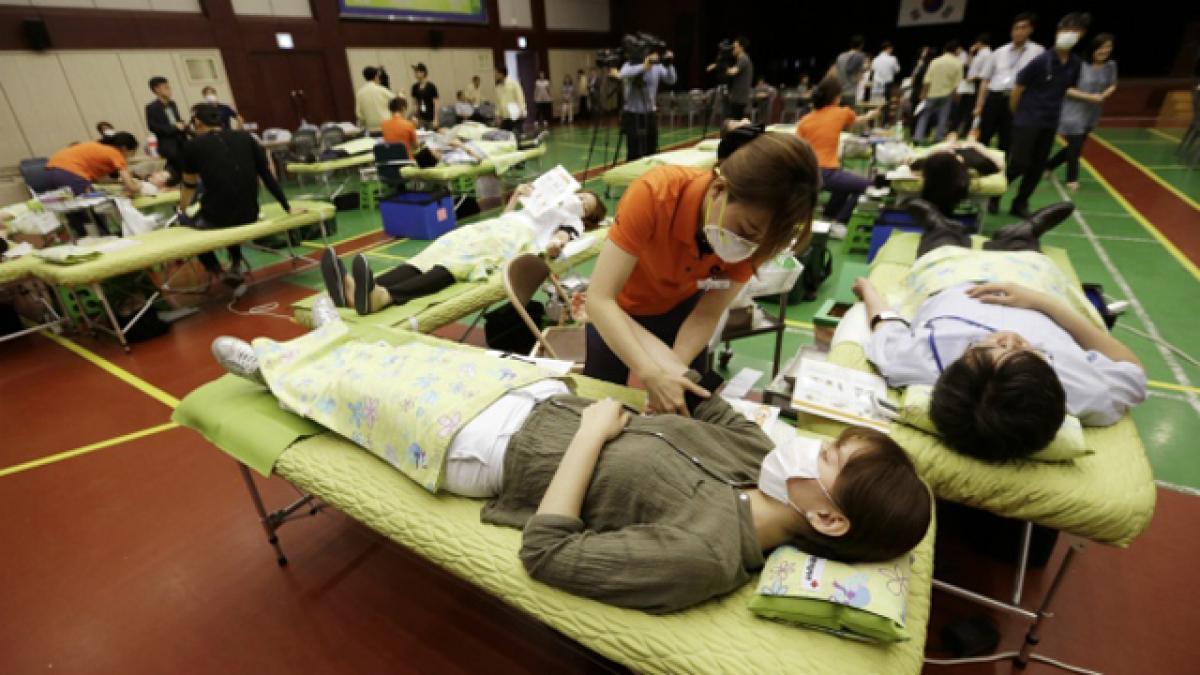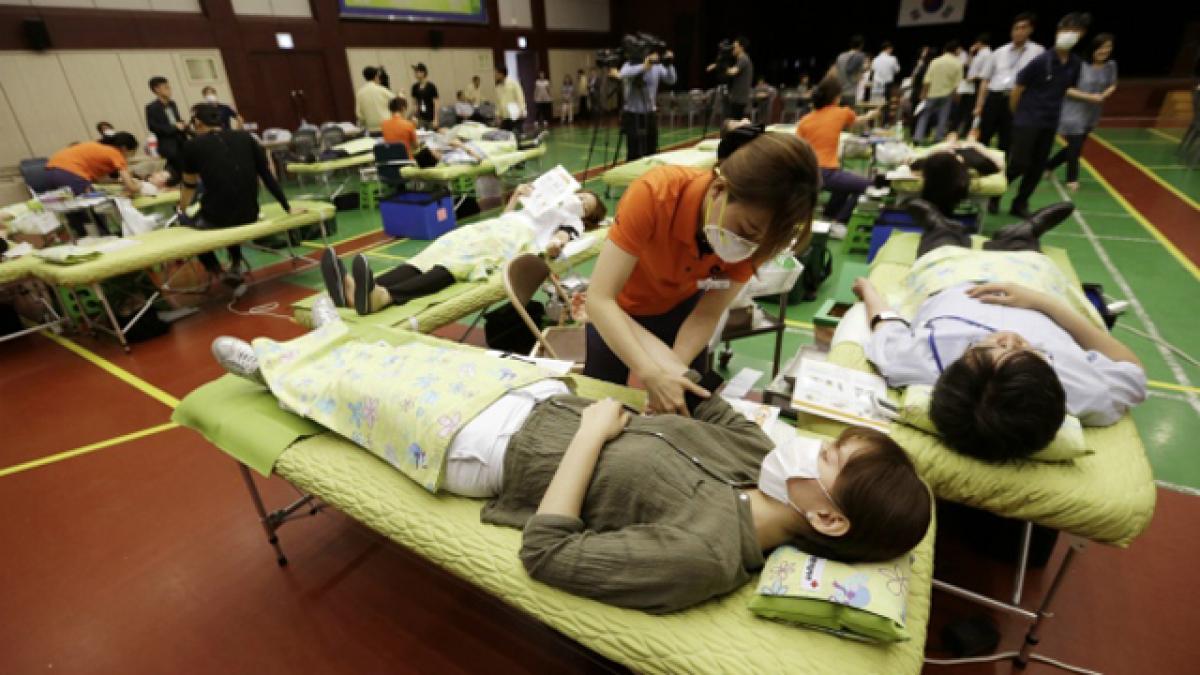What is MERS?

What is MERS. Middle East Respiratory Syndrome (MERS) has killed 23 people in South Korea, the biggest outbreak outside the region where it was first seen in 2012.
Middle East Respiratory Syndrome (MERS) has killed 23 people in South Korea, the biggest outbreak outside the region where it was first seen in 2012. More than 6,700 people are isolated at home and in medical facilities, and more than 160 have been diagnosed with MERS nearly a month after the outbreak started with a 68-year-old man who had travelled to the Middle East, according to Seoul's Health Ministry. Most of the fatalities have been people with existing medical conditions, such as respiratory problems or cancer.

MERS is a viral respiratory illness that is new to humans. It was first reported in Saudi Arabia in 2012 and has since spread to several other countries, including the United States. Most people infected with MERS-CoV developed severe acute respiratory illness, including fever, cough, and shortness of breath. Many of them have died. Cases of MERS have been identified in multiple countries in the Arabian Peninsula.
Since May 2015, the Republic of Korea has been investigating an outbreak of MERS. It is the largest known outbreak of MERS outside the Arabian Peninsula. We don’t know for certain where the virus came from. However, it likely came from an animal source. In addition to humans, MERS-CoV has been found in camels in several countries.
If you develop a fever and symptoms of respiratory illness, such as cough or shortness of breath, within 14 days after traveling from countries in or near the Arabian Peninsula, you should call ahead to a healthcare provider and mention your recent travel. While sick, stay home from work or school and delay future travel to reduce the possibility of spreading illness to others.
If you have had close contact with someone within 14 days after they traveled from a country in or near the Arabian Peninsula, and the traveler has/had fever and symptoms of respiratory illness, such as cough or shortness of breath, you should monitor your health for 14 days, starting from the day you were last exposed to the ill person. If you develop fever and symptoms of respiratory illness, such as cough or shortness of breath, you should call ahead to a healthcare provider and mention your recent contact with the traveler.

















